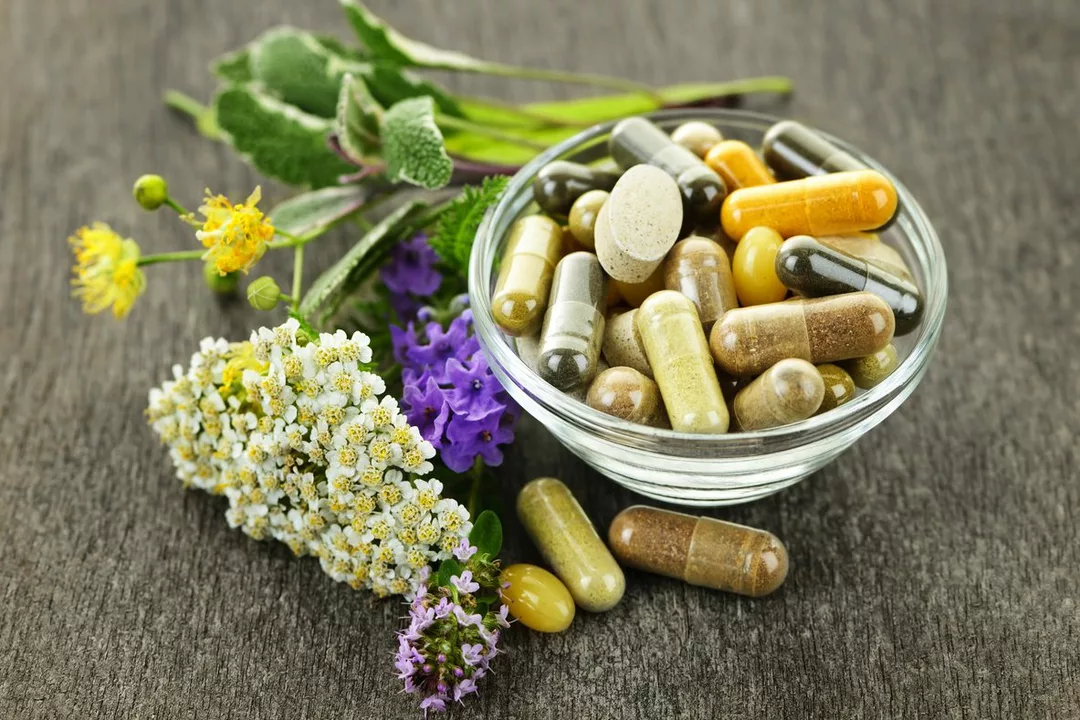Skullcap: what it is and how people use it
Feeling wired or having trouble sleeping? Skullcap is an herb people reach for when they want calm. There are two common types: American skullcap (Scutellaria lateriflora) used traditionally in North America for nervous tension, and Chinese skullcap (Scutellaria baicalensis) used in traditional Chinese medicine for inflammation and immune support. Both contain flavonoids that may affect the nervous system and inflammation, but they aren’t the same plant or the same strength.
What people use skullcap for — and what the research shows
Most folks try skullcap for mild anxiety, restlessness, or trouble sleeping. Small clinical studies and animal research suggest it may have a calming effect, but evidence is limited. Chinese skullcap has more studies for inflammation and liver protection in lab models, yet solid human trials are few. Treat skullcap as a gentle herbal option, not a replacement for prescribed anxiety or sleep meds.
If you’re looking for quick facts: skullcap may help reduce nervous tension for some people and can be part of a broader plan—sleep hygiene, therapy, and lifestyle changes matter far more. Expect modest effects and give an herbal trial a few weeks to judge whether it helps.
How to take skullcap safely — forms, doses, and tips
Skullcap comes as tea, tincture, capsules, or standardized extracts. Typical practical doses people use are: tea—1–2 teaspoons dried herb per cup, steeped 10–15 minutes, 1–3 cups daily; capsules—250–500 mg once to three times daily; tincture—1–4 ml (about 20–80 drops) two to three times daily. Follow the product label and start at the low end.
Safety matters. Don’t use skullcap if you’re pregnant or breastfeeding without checking a clinician. People with liver disease should avoid it or get medical advice—some liver problems have been reported with poor-quality herbal products, though contamination or misidentification may be the cause. Skullcap can add to sedation, so avoid mixing with strong sedatives, heavy alcohol, or sleep meds. Also be cautious if you take blood thinners—herbs can affect clotting or interact with drugs.
Pick quality products: choose brands that list the species (S. lateriflora or S. baicalensis), provide extract ratio or standardized flavonoid content, and use third‑party testing when possible. Avoid cheap bulk powders with no sourcing info.
If you’re already on prescription meds, dealing with serious anxiety, or have liver problems, talk with a healthcare provider before trying skullcap. If you try it and notice worsening symptoms, jaundice, severe fatigue, or unusual bruising, stop and seek medical advice. Skullcap can be a helpful, gentle option for some people—but smart choices and safety first.
Skullcap: The Powerful Dietary Supplement for a Healthier You
In my latest blog post, I've explored the amazing benefits of skullcap, a powerful dietary supplement that can truly make a difference in our overall health. This incredible herb is known to help reduce anxiety, improve sleep, and even boost our cognitive abilities. Additionally, it has anti-inflammatory properties and can aid in managing chronic conditions. I highly recommend giving skullcap a try if you're looking to improve your well-being naturally. Don't miss out on this fantastic addition to your daily health regimen!

